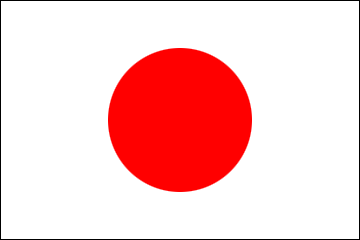Japan, FAO, MAFAR held After-Action Review and Sustainability Workshop for the BARMM Fertilizer Support Project
2024/3/12
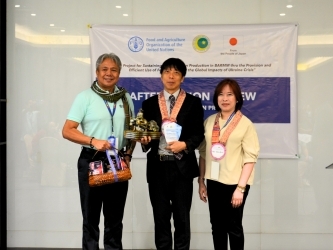
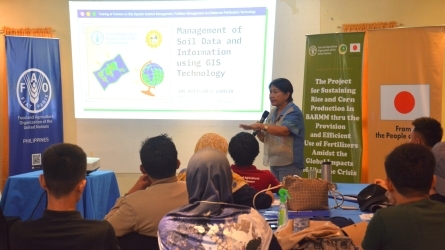
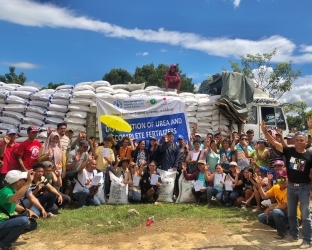
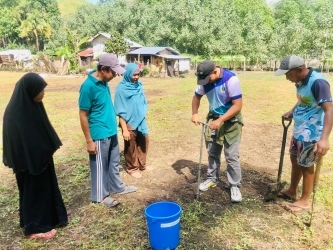
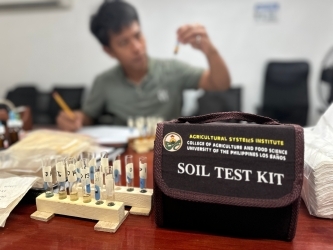
The current Russia-Ukraine war has caused food, fertilizer, and fuel costs to rise in several countries, including the Philippines. This includes the global fertilizer shortage, as Russia is among its biggest exporters. While the Philippines does not directly import fertilizer from Russia, it is equally affected by rising fertilizer costs induced by the shortage as a net importer of fertilizer. This is especially true for BARMM, which is already struggling with high poverty rates, low rice and corn output, and rising farm input costs.
Through this project, a total of 4,474 farmers have benefited from fertilizer inputs, of which 1,203 are rice farmers and 3,571 are corn farmers from the municipalities of Lanao del Sur, Maguindanao del Sur, Maguindanao del Norte, and Special Geographic Area (SGA) as of January 2024. In view of promoting efficient use of fertilizers, the project is also coupled with other interventions, including capacity-building activities on soil testing and soil fertility management.

The workshop brought together the project's major partners and stakeholders to discuss the valuable insights from its successful implementation. Mr. Tachikawa's remarks encouraged everyone to apply the lessons learned from this project. He also advised everyone to utilize fertilizers judiciously to attain the best outcomes while also protecting the environment.
The Government of Japan, in collaboration with project partners such as the Food and Agriculture Organization of the United Nations (FAO), the Ministry of Agriculture, Fisheries, and Agrarian Reform (MAFAR), and local government units, hopes to empower small-holder rice and corn farmers in BARMM along with increasing their productivity and income.
